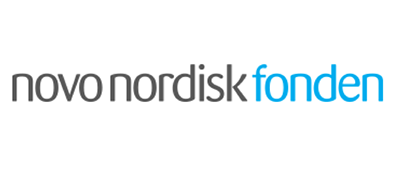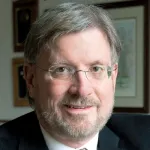 NOVO NORDISK FOUNDATION-SPONSORED VISITING SCHOLAR FELLOWSHIP RESEARCH PROJECT - 2021
NOVO NORDISK FOUNDATION-SPONSORED VISITING SCHOLAR FELLOWSHIP RESEARCH PROJECT - 2021
Visiting Scholar: Muhammad Ahmed Khan (Technical University of Denmark)
Stanford Faculty Advisors: Kimford Meador (Neurology & Neurological Sciences), Maarten Lansberg (Neurology & Neurological Sciences and Neurosurgery), and Ada Poon (Electrical Engineering)
SmartRehab: Design and Development of Brain-Controlled Smart and Portable Rehabilitation Kit for Home-Based Stroke Recovery
In Muhammad's project, a pilot study has been presented to develop a portable, and wireless ‘BCI (Brain-Computer Interface) Controlled Home-based Rehabilitation Kit’ for upper limb rehabilitation of chronic phase stroke patients. The developed system will be mainly based on motor imagery and functional electrical stimulation (FES) based rehabilitation approaches. BCI is an emerging interdisciplinary field at the intersection of neuroscience and engineering that have the potential to improve the quality of life for individuals with post-stroke paralysis. In paralysis, stroke patients are unable to get signals from their motor cortex (part of the brain that controls movement) to their muscles. Hence, to restore their movements, the use of electrical stimulation is among the effective rehabilitation methods. In conventional therapy, the electrical stimulation is delivered manually by the therapist that limits the active participation of patient’s brain. Therefore, motor imagery based BCI systems are highly preferred, as they use patient’s brain signals to control the stimulation device, which allows a very effective training and promotes neural plasticity (recovery of brain network).
However, the current BCI based stroke rehabilitation systems are available only for clinical settings, and no existing system is completely portable and wireless. Hence, these limitations are overcome in the proposed system. Muhammad's project is inter/multidisciplinary and includes the development of brain signal processing algorithms, hardware prototype of electrical muscle stimulator, and software module along with the clinical pilot testing of the designed system on stroke patients. The project will have a significant societal impact as it provides a novel solution for health challenges associated with neural disability.




